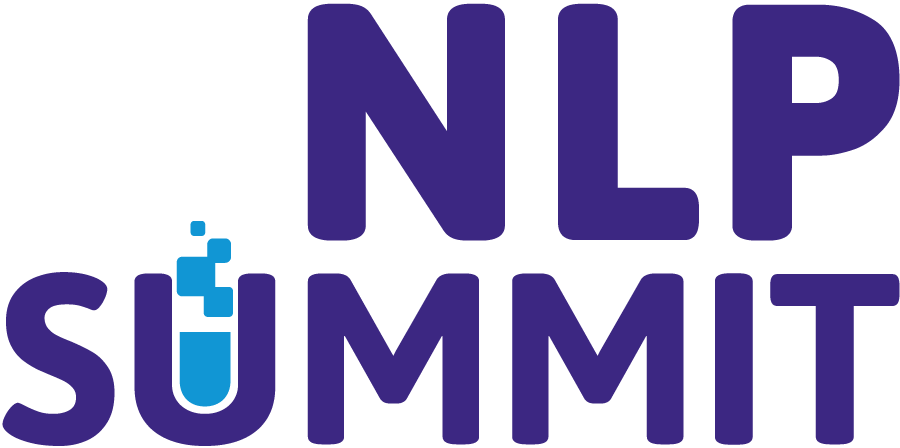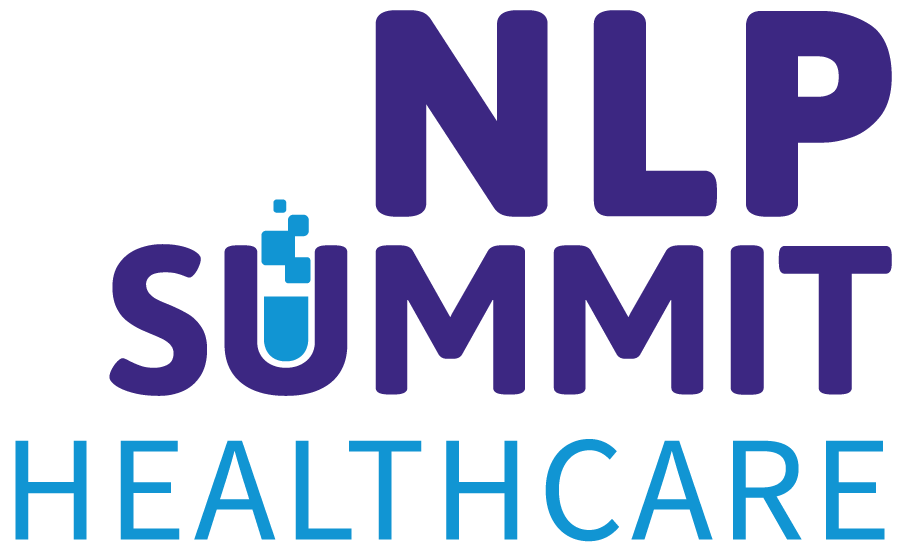Director of Clinical Informatics
at innoVet Health
Jonathan Gold is an Israeli board-certified pediatrician with 15 years of hospital and ambulatory care practice. In addition to his clinical practice, he has extensive experience, training, and expertise in medical informatics and medical quality assurance. Dr. Gold is the Director of Clinical Informatics at innoVet Health, a consulting company specializing in data interoperability, mobile app development, predictive analytics, and health informatic with focus on NLP, AI/ML. Previously, he served as the Clinical Innovation Lead for Intelligent Medical Objects, a leading terminology and vocabulary tool service from 2013-2024. While there he helped develop IMO Core applications including Problem-Oriented Filtering and the logic module for determining lapsed problems on the problem list. He was closely involved in the development and testing of IMO’s approach to data normalization. Work on these and other projects helped IMO apply for five patents with Dr. Gold listed as the principal inventor. The patents span the gamut from identification of missing Hierarchical Condition Categories (HCC’s) to problem list management to temporal logic for natural language processing. Beginning in 1997, Dr. Gold served as a regional medical quality assurance director for the second largest health maintenance organization in Israel for seven years. In 2001, he earned a master’s degree in health administration from Ben-Gurion University in Israel. In 2006, Dr. Gold completed a National Library of Medicine post-doctoral fellowship in Health Sciences Informatics at Johns Hopkins University School of Medicine. At Hopkins, Dr. Gold received both a master’s degree in health sciences informatics and a post-master’s certificate in information technology and telecommunications. His research focused on electronic health records, with a particular emphasis on personal health records and health record banking. Dr. Gold served as Regional Chief Medical Informatics Officer for Catholic Health Initiatives. Additionally, he has functioned as a physician development and content analyst for two major healthcare IT vendors, adding decision support and content to their computerized provider order entry systems, meeting CCHIT requirements, and developing workflows, concept models, and functional designs for e-Prescribing, electronic medical records and advanced clinical documentation. Dr. Gold has worked as an independent physician consultant advising hospital IT teams as they introduce and implement institutional clinical applications. He has been a subject matter expert on health record banking, presenting to the National Committee on Vital and Health Statistics’ Ad Hoc Workgroup on Secondary Uses of Data, the American Medical Informatics Association, the National Library of Medicine Informatics Training Conference, the Center for Information Technology Leadership, the Fifth National Medical Banking Institute, and Johns Hopkins Division of Health Sciences Informatics. Awarded the Israel Medical Association and Israel Scientific Council’s first annual award for Outstanding Work Presented by a Medical Resident on Quality Assurance, Dr. Gold is also a recipient of Ben Gurion University’s Gulton Grant, and St. John’s College’s first annual Fooks Science Award. Between 2009-2013, Dr. Gold served as the Physician at Large for the Colorado Chapter of the Healthcare Information and Management Systems Society (HIMSS) Board of Directors and since 2014 has been a Fellow of HIMSS. He also maintains membership in the American Medical Informatics Association (AMIA) becoming a fellow of AMIA in 2018 as a member of its inaugural class. He is a member of the Israel Medical Association and the Israel Society of Clinical Pediatrics. Dr. Gold’s key interest remains in the development of temporal and spatial domains for integration into patient records through natural language processing and the incorporation of large language models to enable dynamic longitudinal medical records, predictive modeling, disease management and life sciences research. He is focused on the development of a consumer-oriented approach to healthcare, the practical needs of the medical provider, and the considered goals of a comprehensive health care strategy.



